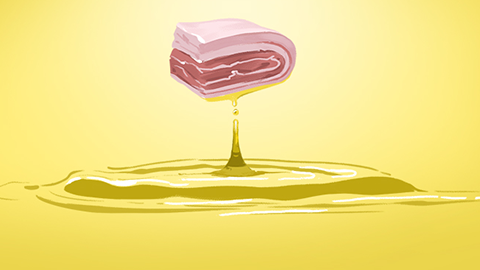Can you still digest fats normally after gallbladder removal?
Generally, whether normal digestion of fats is possible after gallbladder removal depends on the specific postoperative recovery and individual adaptability. If digestive abnormalities or discomfort occur, prompt medical consultation is recommended. Detailed analysis is as follows:

If recovery proceeds smoothly after gallbladder removal, the bile duct gradually adapts to storing bile, and individuals with strong digestive function may slowly attempt a low-fat diet 1–3 months after surgery. As the body adjusts, most people can normally digest moderate amounts of fat. Daily consumption of foods such as eggs, lean meat, and vegetable oils typically does not lead to discomfort like bloating or diarrhea, and digestive function can essentially return to normal.
However, if recovery is slow after surgery, the bile duct fails to promptly adapt to bile storage demands, or the individual has weak digestive capacity, fat digestion may be difficult in the short term after surgery. Consuming fried foods, fatty meats, high-fat nuts, and similar items may easily trigger symptoms such as abdominal pain, diarrhea, and nausea. Long-term control of fat intake is required, and the time needed for digestive function to recover will be significantly prolonged.
In daily life, it's important to strictly follow a low-fat diet immediately after surgery and gradually increase fat intake over time. Avoid consuming large amounts of fat at once; instead, spread daily fat intake across multiple meals. Choose easily digestible fats and minimize hard-to-digest ones. If persistent digestive discomfort occurs, consult a doctor promptly to rule out bile duct abnormalities. Regular follow-up evaluations of digestive function should be conducted, and dietary patterns should be adjusted according to recovery progress.




